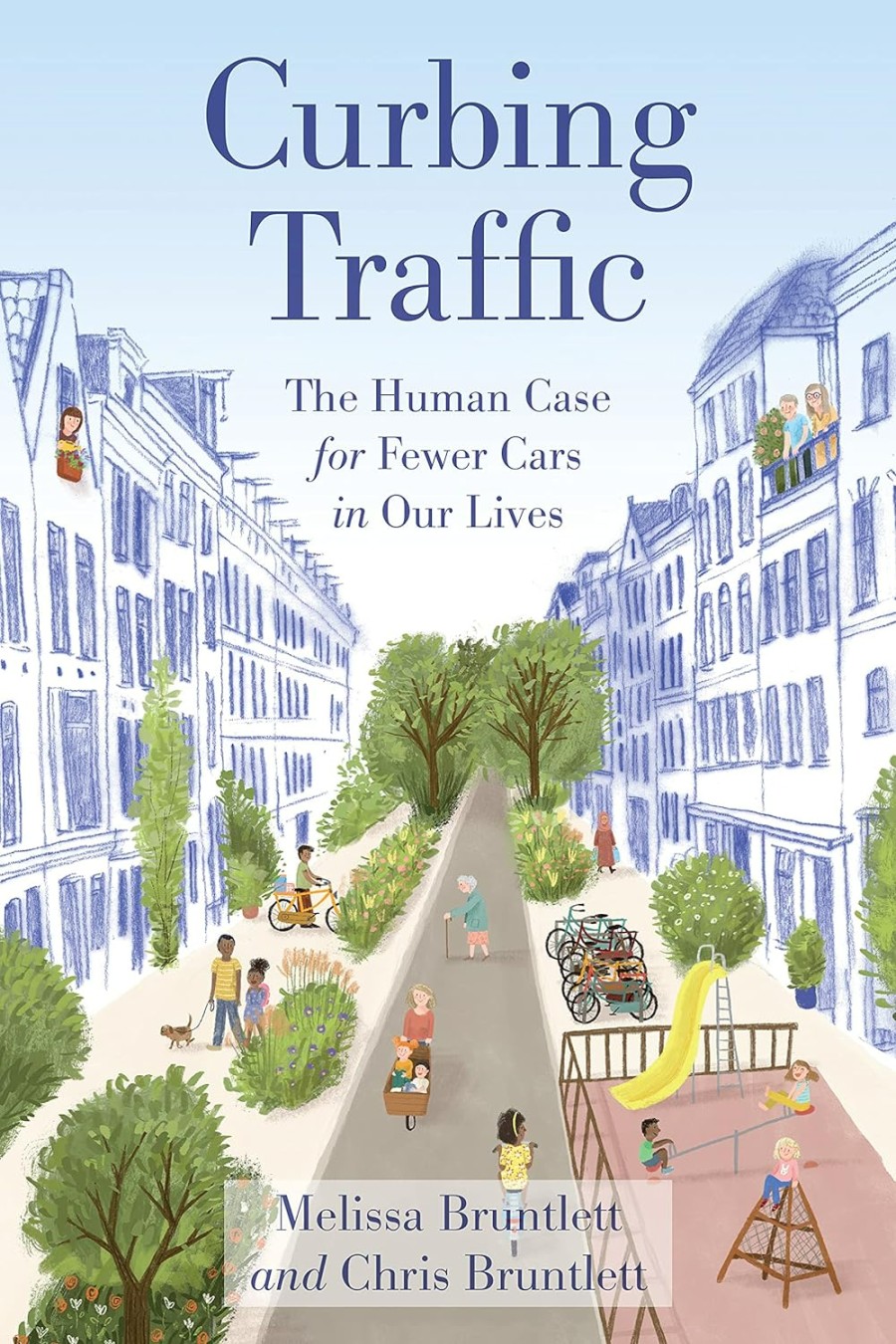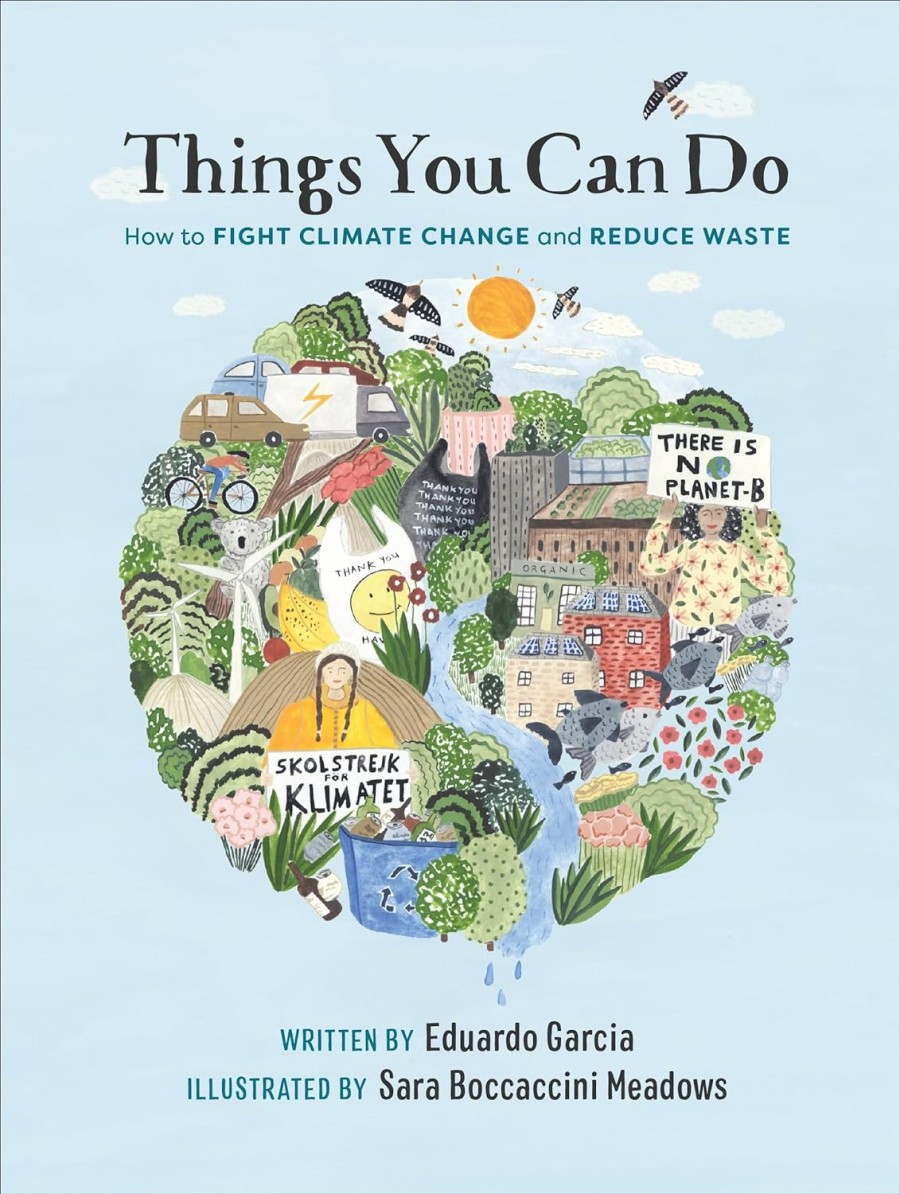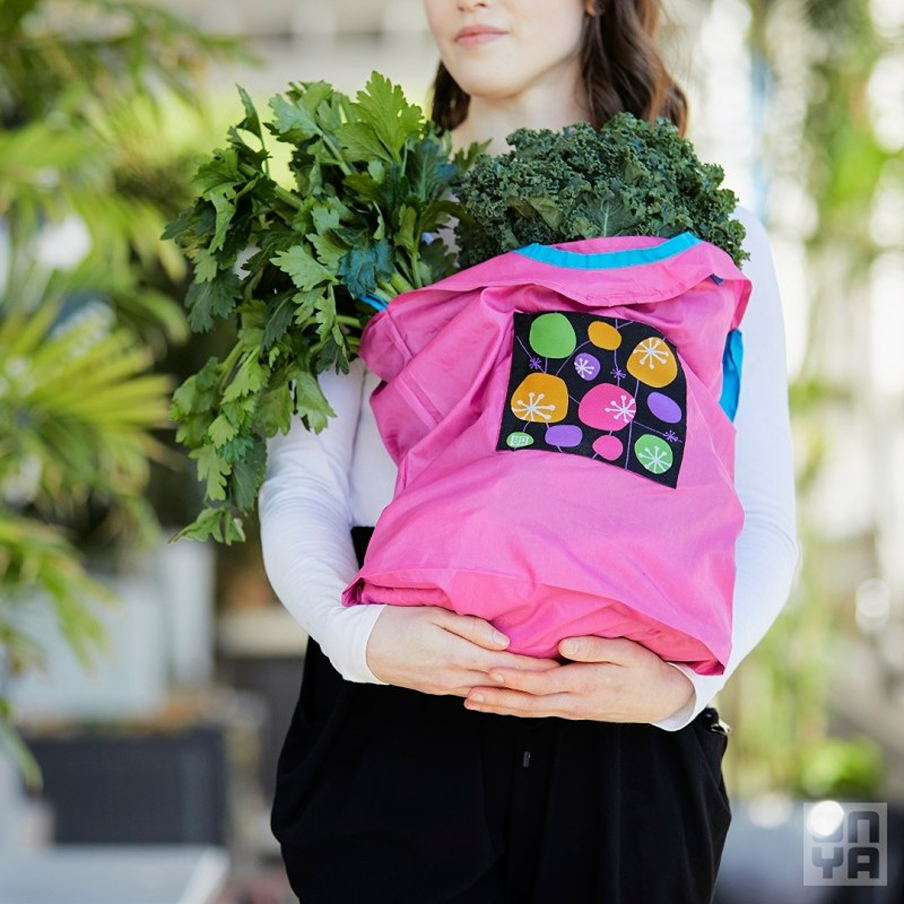
Whether you have a few pounds to spare or a larger inheritance, there are alternative places to invest savings. Most green companies use ‘ethical screening’ to remove funds held in ‘bad stuff’ (fossil fuels, factory farming, pornography, tobacco, gambling, weapons) to invest in ‘good stuff’ (clean energy, animal welfare, fair trade, zero waste). And as we become more eco-savvy, you are now likely to get bigger long-term returns on good stuff!
Most UK bank accounts are members of Financial Services Compensation Scheme, so savings up to a certain amount are covered by government (check before investing).
a savings account that invests in communities

Charity Bank is a savings bank to let you put your money where your values are. The simple accounts are easy to join, and then your money is used to do good in the local community. Your savings become part of a mission to support social enterprises and small charities across the UK. There is a small selection of fixed and variable and ISA accounts for personal savers, along with (savings) accounts for businesses, charities and credit unions. You can look up your local area on the website to see projects that have been funded. Here are some examples to inspire:
- Helping a compassionate care centre for complex needs
- Installing solar panels on the roof of a Somerset village hall
- Funding a Kent sports centre, for people struggling financially
- Providing accommodation for six homeless adults in Cornwall
- Funding a YMCA support centre in the West Midlands
other good ethical savings accounts
Ecology Building Society offers a range of savings accounts, including ISAs. Profits are used to give to those building eco-friendly homes or doing up delapidated old buildings.
Shared-Interest offers simple savings accounts, with profits used to give fair trade loans. Examples include fair trade coffee farming, and a no-till method to grow food.
Gatehouse Bank offers a woodland savings account (which plants a native tree on your behalf with each opened or renewed fixed term deposit or fixed term cash ISA account). The plantings include areas to help endangered red squirrels thrive (endangerment is due to lack of habitat, not grey squirrels). Rather than interest, profits are shared (so compliant with no-interest beliefs for Muslims). Manager your account via the Savings App.
become a Locavestor (local investor)
Locavesting is when investors put money in communities, rather than the stock market. All investment has risk, but if you put your ‘shares’ in a locally-owned food co-op (over a national supermarket), you still ‘win’ if you don’t make money, as you’ve improved where you can buy your food!
Amy Cortese coined the term, her book is a good place to start. Meet pioneers and ideas behind the local investment movement, and explores community capital and crowdfunding to local stock exchanges. Also read Financing Our Foodshed, profiling local investors who helped an artist start a gluten-free bakery, reduced loan payments by a third for a much-loved grocery co-op and helped refinance credit card debt for a local restaurant.
low-risk investments to help councils

Abundance Investment is a 10-year old company with over 8000 investors who trust its open honest approach to green investment, and together have invested over £150 million to support climate projects. Community Municipal Investments (climate bonds’ to allow councils to get closer to Net Zero targets) are less risky, as councils are legally obligated to pay bills. To date, no UK council has ever failed to pay back a loan. Investors can also choose to donate interest to fund solar power and wildflower verge restoration.
The founders left successful careers in finance and business, to serve ordinary investors who wished to use their money to create a sustainable economy. Your money will be used for anything from energy efficiency to solar panels to EV charging stations. The company has a growing pipeline of councils who wish to join, and other councils wish to launch more investments to fund environmental programs. These loans are eligible to be held in an Innovative Finance ISA, for tax-free returns of up to £20K a year (bar two). The company’s 800 investors have raised £2 million with 2 councils (17% invested less than £100).
investing (ethically) on the Stock Exchange
Always a risk, so never invest more than you can afford to lose.
Ethical Investors can makeover your portfolio and has given over £600,000 to good causes, via its own ethical screening criteria. It can also advise on pensions and hand you over to discretionary managers to tailor bespoke investment portfolios.
US Vegan Climate ETF tracks Beyond Investing US vegan climate index, which does not invest in anything that harms animals, humans or the planet or humans. It’s listed on Cboe BZX Exchange (under ticker VEGN). Plant-based companies can visit Veg Capital.
good books to help you ethically invest
The Social Justice Investor helps apply a social justice lens to your investments. The author is a professional social justice investor who drives affordable capital to low-wealth communities in the US. She has raised over $350 million for social justice investments and advised on over $1.5 billion in social impact capital campaigns worldwide.
Activate Your Money is a book to educate you about finances, but also socially-conscious investing. It offers foundational support to take actions to shift assets into alignment with your values. Make informed decisions across your portfolio , starting with your current and savings account, and any more investments.
Fifty Shades of Green is a guide to ethical investment, for women. Put your money where your mouth is when it comes to handling finances, and invest in sustainable stocks and funds, to empower yourself and help the planet. The book ditches financial jargon and looks at pros and cons of crowdfunding, greenwashing and building a sustainable portfolio.
Deborah Meaden is a good example of a true eco-entrepreneur . She launched her first business age 19. Unlike other investors who just look at the bottom line, she will smash ‘greenwash’ to pieces before investing. One newspaper brought up her previous history of flying around the world (she does not do that now). Showing how negative headlines are designed to create havoc, rather than solve problems. Give up your newspapers and read Byline Times instead!






